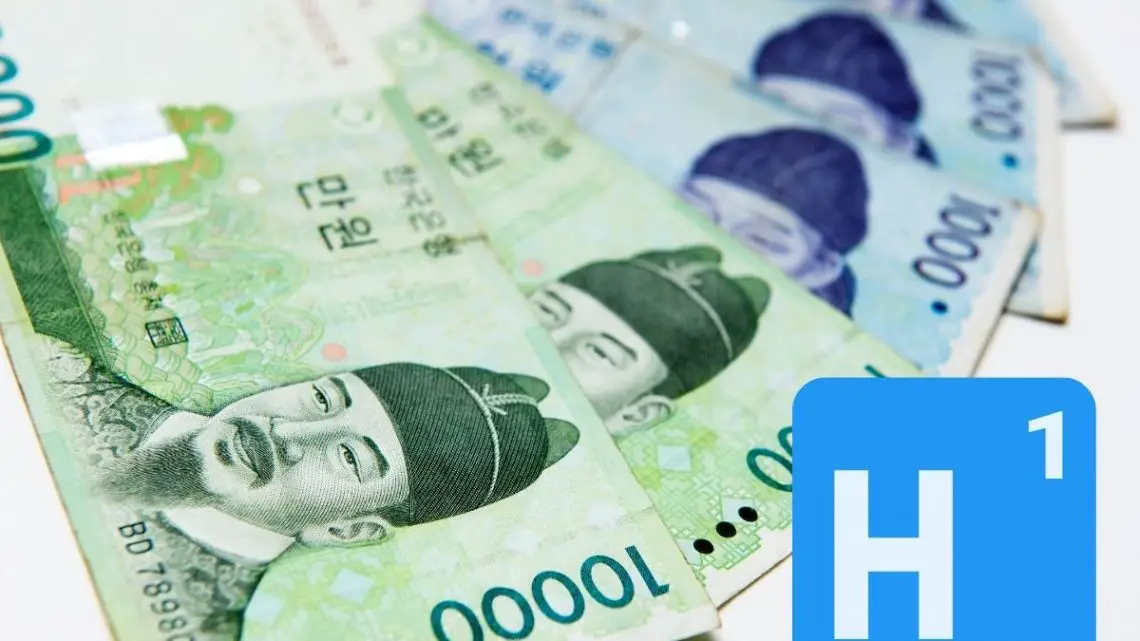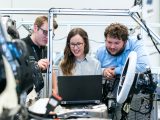
Mobis plans two South Korean hydrogen fuel cell plants
August 26, 2021The automotive equipment supplier announced its intentions to invest $1.13 billion in the facilities.
Hyundai Mobis Company (KRX stock symbol 012330), an automotive equipment supplier from South Korea, has announced that it will be investing $1.13 billion (KRW1.32trn) into two hydrogen fuel cell plants by 2025
The statement from the company said that the facilities will be constructed in Incheon.
Mobis plans to build one of the new hydrogen fuel cell plants in Incheon, which is located just west of Seoul, the country’s capital. The other will be built in Ulsan, which is on the east coast of the country. The Incheon facility will be a fuel-cell stack plant. The Ulsan facility will be a fuel-cell systems assembly plant.
The company plans to start construction of both facilities in 2023. They are slated to be completed in 2025. From there, they will be used to supply the components needed for local automakers to manufacture H2 powered vehicles. This includes Hyundai Motor and Kia Corporation in particular.
The hydrogen fuel cell plants will supply the systems and stacks for the local automakers.
The systems supplied primarily to Hyundai Motor and Kia corporation are comprised of stacks that can contain as many as several hundred H2 fuel cells. Those will be used by the automakers for their future hydrogen-powered vehicles.
Mobis is the largest automotive components and technologies supplier in South Korea. Its primary focus has been on chassis systems. These include systems such as suspension and steering systems, brakes, airbags, electrical systems such as infotainment systems and lighting, connected and autonomous driving systems, as well as electric and hybrid drivetrain systems.

Kia Corporation is Hyundai Mobis Company’s largest shareholder. It currently holds a 17.3 percent stake in the company, according to a statement from Mobis. The company’s second largest shareholder is the Hyundai Motor Group chair and former CEO Mong-Ku Chung. He currently holds a 7.1 percent stake in the company.
The two hydrogen fuel cell plants will play a central role in the company’s move to keep up with automaker needs for zero-emission vehicles as governments and corporations worldwide transition toward carbon neutrality.



 With over 15 years of reporting hydrogen news, we are your premier source for the latest updates and insights in hydrogen and renewable energy.
With over 15 years of reporting hydrogen news, we are your premier source for the latest updates and insights in hydrogen and renewable energy.